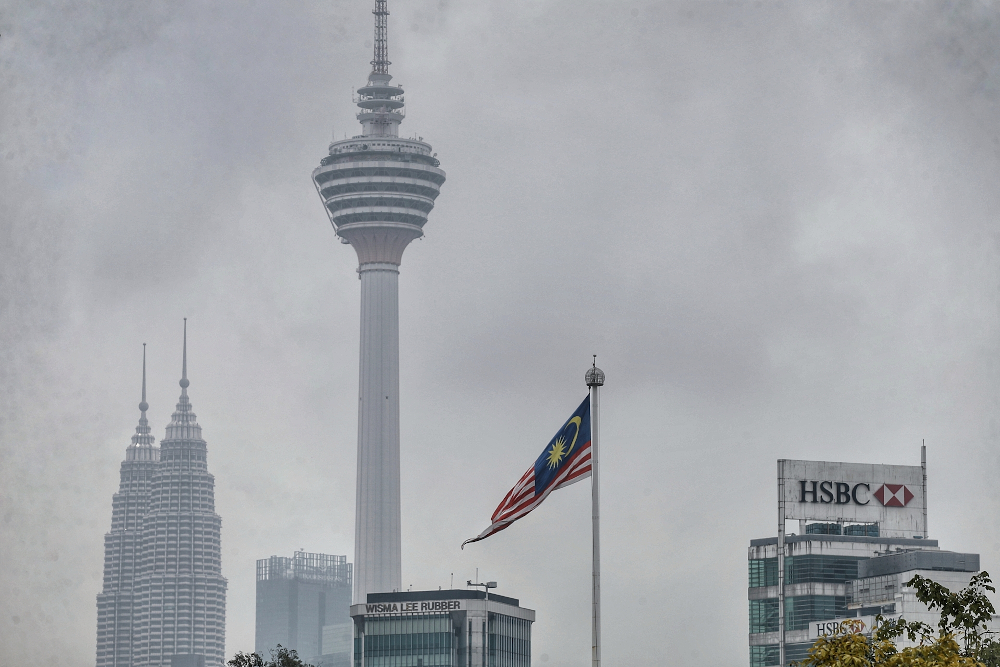KUALA LUMPUR, Jan 28 ― Moody's Investors Service expects Malaysia’s real gross domestic product (GDP) growth to rebound by six per cent in 2021 following a sharp contraction last year.
“This is in part driven by base effects, although the government's fiscal package, including ongoing support for wages, public infrastructure spending, and incentives for private investment, will support domestic demand,” it said in a statement today.
According to the credit ratings agency, Malaysia's diversified and competitive economy, combined with its supportive demographics, would continue to underpin its strong medium-term growth potential compared to similarly rated peers.
“At the same, macroeconomic policymaking institutions are credible and effective.
“These factors contribute to Malaysia's economic resiliency and support the economy's debt carrying capacity,” it said.
However, Moody’s noted that the ongoing wave of infections and the recently reimposed movement control order (MCO 2.0) for nearly the entire country would pose downside risks to 2021 growth, even as the government had allowed more than 90 per cent of economic sectors to continue operating, albeit under strict procedures.
Nevertheless, beyond 2021, Moody's expects the Malaysian economy to grow strongly by an average of five to 5.5 per cent over 2022-2023, higher than the median of 3.4 per cent over the same period for similarly rated peers.
“This assumes that the government can effectively curb the spread of the virus as it balances its health and economic priorities,” it said, adding that the competitiveness of the economy and diversity of exports would also support the country’s robust growth potential.
According to Moody’s, Malaysia's rankings for infrastructure quality, higher education and training, labour and product market efficiency, and technology adoption based on international surveys was the highest among regional emerging market peers.
While its economic complexity that reflects the knowledge intensity of product exports also exceed many emerging market peers, it said.
“Indeed, Malaysia produces a wide basket of goods at different levels of sophistication, ranging from advanced electrical and electronics goods to basic commodities, for export.
“These structural strengths of Malaysia's economy, supported by the government's ongoing initiatives to upgrade the country's physical infrastructure and encourage digitalisation and investment in higher technologies, will sustain the country's attractiveness as an investment destination, boost its longer-term economic prospects, and underpin its resilience,” it said.
It added that also supporting the resilience of the economy and credit profile is the credibility and effectiveness of Malaysia's institutional framework, particularly in the implementation of macroeconomic policies.
In turn, Moody’s said the long track record of effective policies of Malaysia had allowed the country to generate current account surpluses and domestic savings even during global recessions.
“The country has also kept inflation and inflation volatility moderately low compared to its peers despite high growth rates, and maintained banking system stability through episodes of weak operating environments,” it said.
Moody's expects Malaysia's institutions to continue providing policy buffers in the face of economic shocks. ― Bernama



















